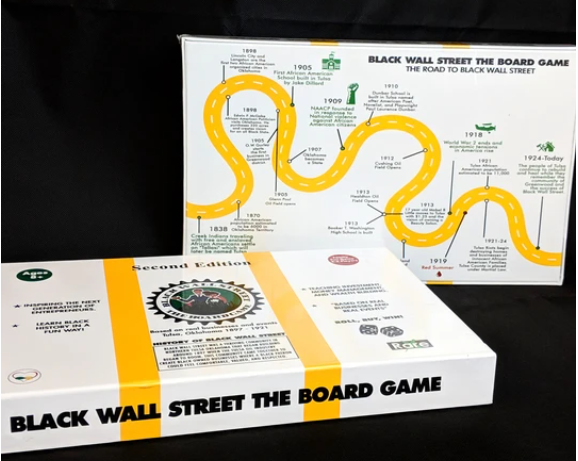Juneteenth and Black Wall Street Massacre: Two Separate Historical Events

Over the last week, there has been a lot of media attention around Juneteenth and Tulsa, OK, the home of Black Wall Street. While both are two monumental events in history, they are not related. As a native Texan, I’ve always known the significance of Juneteenth, but will admit that I did not learn about Black Wall Street until I was an adult.
Juneteenth, also known as Jubilee Day, signifies the emancipation of the remaining enslaved blacks in the Confederacy. While we all learned about the Emancipation Proclamation during our primary years of education, many may not know that slaves in Texas were not notified of their freedom until June 19, 1865, two and a half years after the issuance of the Emancipation Proclamation. Because Texas was the most remote of the slave states and lacked the presence of Union troops, the proclamation was not enforced. Of course, there was no incentive or desire for slave owners to share this information.
Black communities have been consistently celebrating Juneteenth since the 1970s. In a recent interview, Trump told the Wall Street Journal, “I did something good. I made Juneteenth very famous. It’s actually an important event, an important time. But nobody had ever heard of it.” Well, while you may not have heard of this historical date Mr. President, it doesn’t mean that others were not aware. But, if your lack of knowledge helped to educate others, so be it.
The Black Wall Street massacre is another significant event in history but has no correlation to Juneteenth. Black Wall Street was a predominately black neighborhood in Tulsa, OK. At the time of the massacre, this area was known as the wealthiest black community in the United States. On May 31, 1921, mobs of white residents attacked black residents and businesses ultimately killing men and burning and looting stores and homes. This attack has been called “the single worst incident of racial violence in American history.”
Trump’s initial decision to host a rally in Tulsa, OK on Juneteenth is what connected these two significant historical events. One would think that someone in his camp should have been able to educate him on the significance of the date and location. In the words of the late Steve Jobs, “It doesn’t make sense to hire smart people and tell them what to do; we hire smart people so they can tell us what to do.”
Resource: Black Wall Street The Board Game

